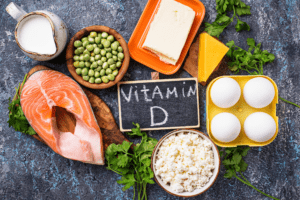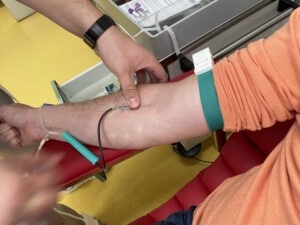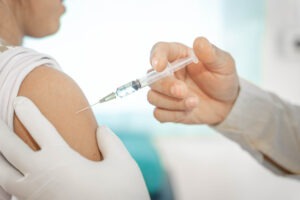In a recent study from the University of Eastern Finland, scientists found that a good vitamin D status is beneficial both in cancer prevention and in the prognosis of several cancers.

The anti-cancer effects of vitamin D are especially pronounced in the prevention and treatment of colon cancer and blood cancers.
In addition, high vitamin D responsiveness can be linked to smaller cancer risks. Vitamin D responsiveness varies between individuals, affecting their need for vitamin D supplementation.
The finding provides an update on the molecular basis of vitamin D signaling and its role in cancer prevention and therapy.
Vitamin D is commonly known for its crucial role in bone health, but the researchers point out that it also regulates the immune system, and its anti-cancer effects are mediated mainly by immune cells, such as monocytes and T cells.
According to the review, studies focusing on the effect of vitamin D on different types of cancers provide the strongest evidence of its benefits in colorectal cancer and in blood cancers, such as leukemias and lymphomas.
Vitamin D is important both for the differentiation of blood cells during hematopoiesis as well as for adult stem cells in rapidly regenerating tissues, such as the colon or skin.
A too-low vitamin D status leads to an increased risk that these cells are not fully differentiating and start to turn into uncontrolled growing cancer cells. Even in other types of cancer, such as breast and prostate cancer, a low vitamin D status, measured as the level of 25- hydroxyvitamin D in the blood has been associated with a higher cancer incidence and a poorer prognosis.
The team says the impact of vitamin D could be shown more clearly if the participants were stratified according to their individual vitamin D responsiveness and the health outcomes analyzed in relation to changes in individual vitamin D status.
For example, 25% of the Finnish population seem to be low responders, needing a higher dose of vitamin D supplementation to reach the full clinical benefit. In terms of cancer risk, being a high responder can be expected to have a protective effect.
The study was published in Seminars in Cancer Biology.





































